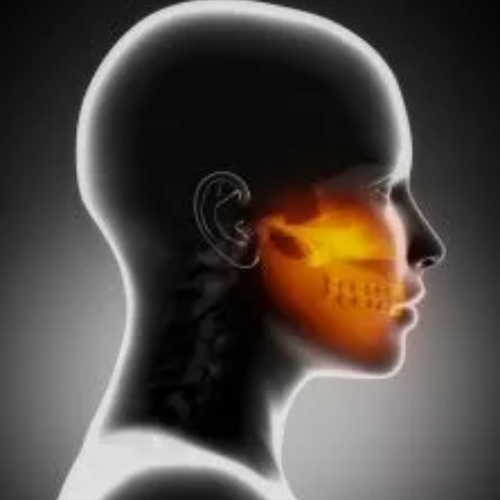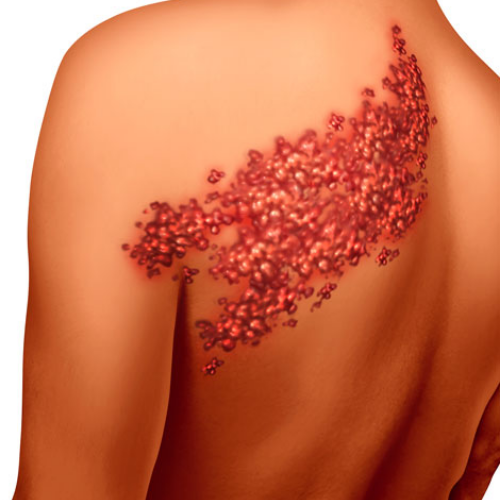Working Time
Book Appointment

Migraines are a neurological disorder characterised by recurrent episodes of severe headaches, often accompanied by other symptoms such as nausea, vomiting, sensitivity to light, and sound. Migraine attacks can be debilitating and significantly impact daily life. The exact cause of migraines is not fully understood, but they are believed to involve complex interactions between genetic, environmental, and neurological factors.
Causes of Migraines:
Genetic Predisposition: Migraines often run in families, suggesting a genetic component to the disorder.
Triggers: Various factors can trigger migraines in susceptible individuals, including certain foods (e.g., aged cheese, chocolate), hormonal changes (e.g., menstruation, menopause), stress, lack of sleep, sensory stimuli (e.g., bright lights, strong odours), and environmental factors (e.g., weather changes).
Neurological Dysfunction: Migraines are thought to involve abnormal brain activity, including changes in neurotransmitter levels, blood flow, and nerve signalling.
Hormonal Changes: Fluctuations in oestrogen levels, such as those occurring during menstrual cycles or pregnancy, can trigger migraines in some individuals.
Environmental Factors: Exposure to certain environmental triggers, such as changes in weather patterns, altitude, or air pollution, may precipitate migraines in susceptible individuals.
Treatments for Migraines
Medications:
Over-the-counter pain relievers: Nonsteroidal anti-inflammatory drugs (NSAIDs) such as ibuprofen or aspirin may help alleviate mild to moderate migraine pain.
Prescription medications: Triptans, ergotamine derivatives, and other prescription medications may be prescribed to relieve migraine symptoms or prevent migraines from occurring.
Lifestyle Modifications:
Identifying and avoiding triggers: Keeping a migraine diary to track potential triggers and avoiding known triggers can help reduce migraine frequency and severity.
Stress management: Stress reduction techniques such as relaxation exercises, meditation, or cognitive-behavioural therapy may help prevent migraines.
Nutritional and Herbal Supplements
Botulinum toxin injection - It is a minimally invasive treatment for various conditions, including chronic migraines and muscle spasticity. It involves injecting a purified form of botulinum toxin into specific muscles to temporarily block nerve signals that cause muscle contractions or pain. This procedure can provide relief from symptoms such as headaches, muscle stiffness, and excessive sweating.
Greater occipital nerve neuromodulation – It is a procedure used to treat chronic headaches, including occipital neuralgia and migraines. It involves the implantation of a small device near the greater occipital nerve, which runs along the back of the head. The device delivers electrical impulses to the nerve, modulating its activity and reducing pain signals to the brain. This neuromodulation therapy offers long-term relief from chronic headaches and improves the quality of life for affected individuals.
Consultation with Dr. Tushar
Seeking evaluation and guidance from Dr. Tushar, a healthcare professional experienced in managing migraine disorders, can provide personalised treatment recommendations based on your specific symptoms, triggers, and medical history. Dr. Tushar can offer advanced diagnostic techniques, comprehensive treatment plans, and medication management to effectively manage and alleviate migraines, improving overall quality of life.



